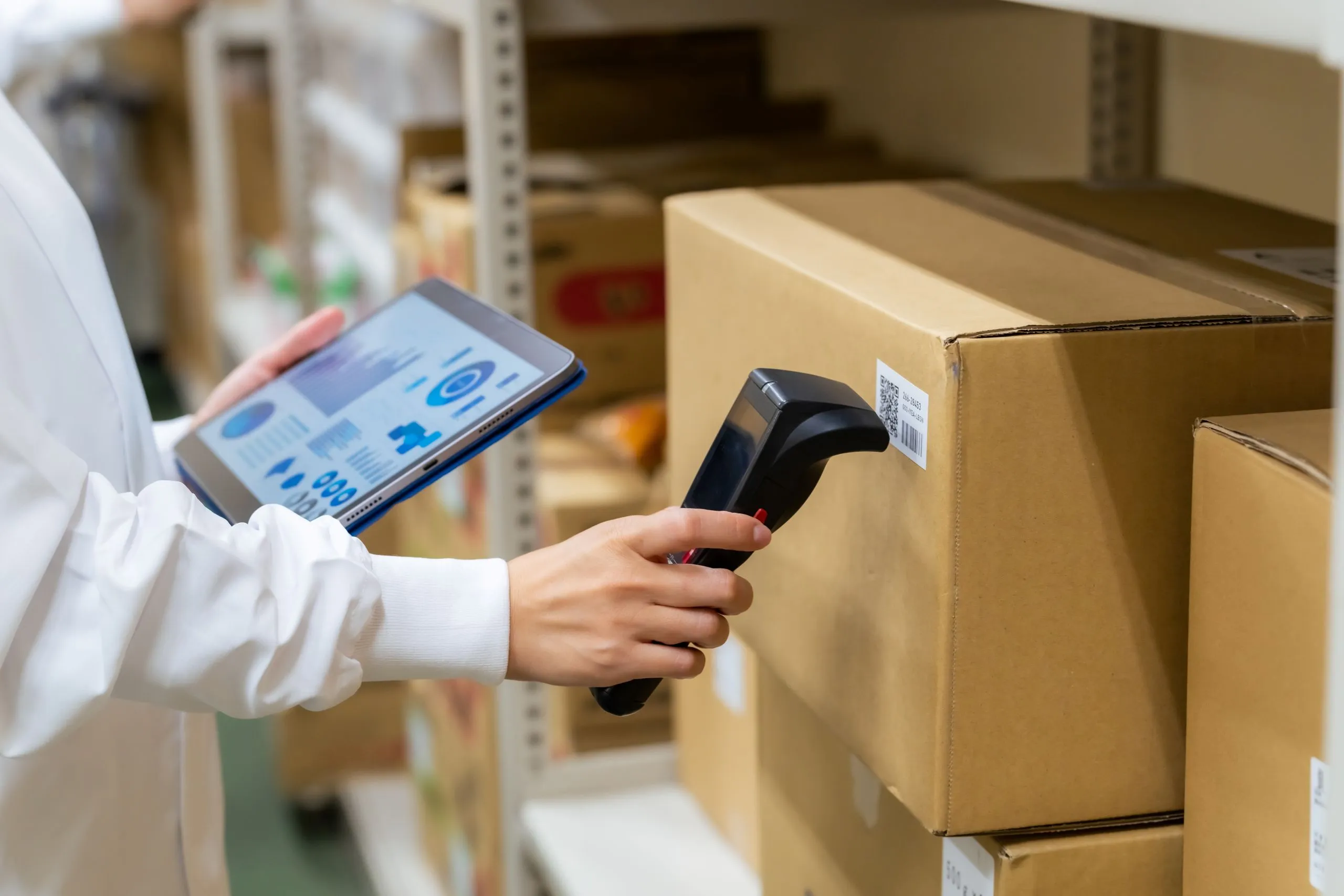For e-commerce businesses, fulfillment services are a critical factor that reduce operational burden while increasing customer satisfaction. Understanding how fulfillment pricing is done and what the fixed payments are helps businesses manage their costs more effectively. In this article, we will cover the details of fulfillment pricing and fixed payment items..
1. What is fulfillment pricing?
Fulfillment pricing covers the costs determined by a logistics provider for services such as storage, packaging, shipping, and return management offered to e-commerce businesses. This pricing is generally calculated in the form of per-order fees, storage costs, and additional service charges.
2. How is fulfillment pricing done?
Fulfillment pricing is determined based on the total cost of different service components. Separate fees are charged for processes such as storage, order processing, packaging, shipping, and return management. Businesses can manage their budgets in the best way by choosing between variable or fixed pricing models depending on their needs.
2.1. Storage fees
Storage fees are the charges sellers must pay to keep their products in the fulfillment center. These fees typically vary based on the following factors:
- The size of the storage space (calculated in m³ or by pallet)
- The duration products remain in stock
- Seasonal pricing (higher fees may apply during peak seasons)
2.2. Processing and Packaging Fees
Fulfillment centers charge a specific fee to pick, pack, and prepare orders for shipment. This fee generally depends on the following elements:
- Per-order processing cost
- Type of packaging used (standard boxes, custom packaging, additional protection for fragile items)
- Custom labeling and branded prints
2.3. Shipping and Delivery Fees
Fulfillment providers make agreements with specific carriers to deliver orders to customers. Shipping fees may vary based on the following factors:
- Delivery zone (local, national, international)
- Weight and volume of the shipment
- Express or standard delivery options
- Special transportation requirements (e.g., cold chain logistics)
2.4. Return Management Fees
Return processes are a key factor in ensuring customer satisfaction. Fulfillment centers may charge an additional fee to process returned products. These fees typically cover the following:
- Product receiving and inspection costs
- Restocking fees
- Disposal costs for damaged items
3. What are fixed payments?
In fulfillment services, in addition to variable costs, there are also some services that require fixed payments. It is important for businesses to consider these fixed costs when managing their budgets.
3.1. Subscription or platform usage fee
Some fulfillment providers charge a monthly or annual subscription fee to access their services. This fee typically includes additional services such as customer support, inventory management software, and operational assistance.
3.2. Minimum Order Processing Fee
Some fulfillment providers may charge a minimum processing fee for businesses that fall below a certain order volume. This fee is intended to cover the use of the fulfillment center’s resources even during periods of low order activity.
3.3. Integration Fees
Some providers may charge an initial setup or integration fee to connect e-commerce websites with their fulfillment systems. This fee covers software integrations that enable orders to be automatically directed to the fulfillment system
3.4. Extra Service Fees
Some fulfillment centers may charge fixed fees for additional services beyond the standard offerings. These may include:
- Personalized packaging
- Adding gift notes
- Product assembly
- Additional security and insurance services
4. What Should Be Considered When Comparing Fulfillment Pricing?
When choosing a fulfillment service, e-commerce businesses should pay attention not only to pricing but also to service quality and long-term costs. Here are some key criteria to consider during evaluation:
Transparent pricing policy: It’s important to work with providers that offer clear pricing to avoid hidden fees.
Shipping agreements: The provider’s agreements with shipping companies can directly affect delivery times and costs.
Customer support services: A good fulfillment provider should have a strong support team for order management and potential issues.
Flexibility: Fulfillment companies that offer flexible solutions and can adapt to fluctuations in order volume can be more advantageous for businesses in the long run.
Fulfillment pricing plays a significant role in helping businesses optimize their logistics costs. In addition to variable costs such as storage, processing, shipping, and return fees, fixed payments like subscriptions, minimum processing fees, and integration costs should also be considered. Choosing the right fulfillment provider will boost your operational efficiency while also enhancing customer satisfaction.
If you’re looking for the most suitable fulfillment solution for your e-commerce business, feel free to contact us.





